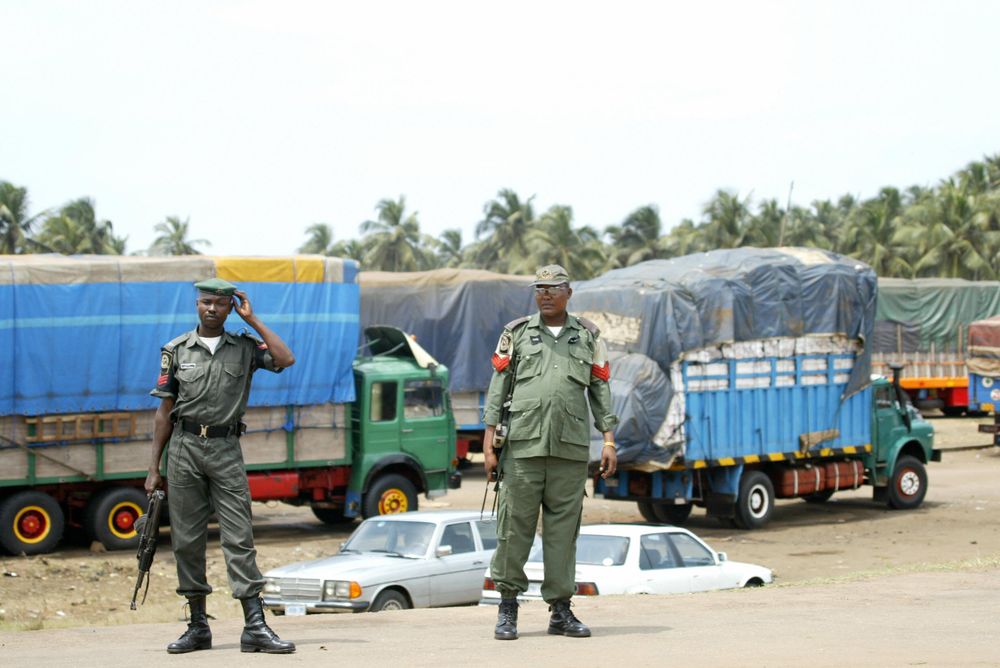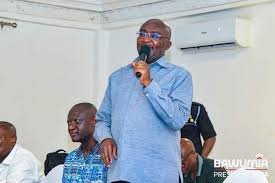West African ministers have met to search for solutions to regional powerhouse Nigeria’s shock decision to close its borders last August to curb smuggling.
The Economic Community of West African States (ECOWAS) has been at loggerheads with Nigeria since Africa’s largest economy shut its land frontiers with Niger and Benin to curb smuggling of rice and other commodities.
Members of the Economic Community of West African States (ECOWAS) are determined to find solutions to the ongoing unilateral border closure by Nigeria. ECOWAS’ fifteen member countries met in Ouagadougou to find what they described as “realistic solutions” in the “short term”.
Nigerien Lieutenant General Salou Djibo said the closure of Nigeria’s land borders to goods is very worrying because it affects the very foundations of his country’s community, namely the free movement of people and goods.
He said at the meeting which brought together ECOWAS foreign affairs and trade ministers. must propose realistic and applicable solutions in the short term, stating, the unilateral closure of borders goes against all the trade and free movement treaties signed by Nigeria within the framework of the Economic Community of West African States.
In August 2019, Nigeria unexpectedly closed its land borders to trade in goods, explaining that it wanted to put an end to smuggling, particularly of rice or frozen chicken from Benin, which crosses the porous border illegally.
The border closure also cast a shadow over a landmark free trade agreement signed by 54 of Africa’s 55 countries, an initiative hailed as a crucial step towards removing the continent’s trade barriers.
The Chairman of the ECOWAS commission, Ivorian Jean-Claude Kassi Brou, noted that these are difficult times for the community stressing that, there is danger in the gains made being undermined by the closure of land borders to goods between Niger, Nigeria and Benin for six months now, which has had a negative impact on the volume of inter-community trade for the years 2019 and 2020.2
He said the closure has profound repercussions on trade, economic operators, not forgetting consumers who today have doubts about the community. Nigeria’s 190 million inhabitants offer a very attractive market for producers in all its neighbouring countries.
The Nigeria Customs Service (NCS) says that the Nigerian government will continue to engage neighbouring countries on the need to comply with the protocols on transit trade of the Economic Community of West African States (ECOWAS).
The Comptroller-General stated that the border closure had curbed the smuggling of foreign rice and other prohibited items into the country. The Customs boss also revealed that the border drill had also curbed the diversion of petroleum products from Nigeria to neighbouring countries.










